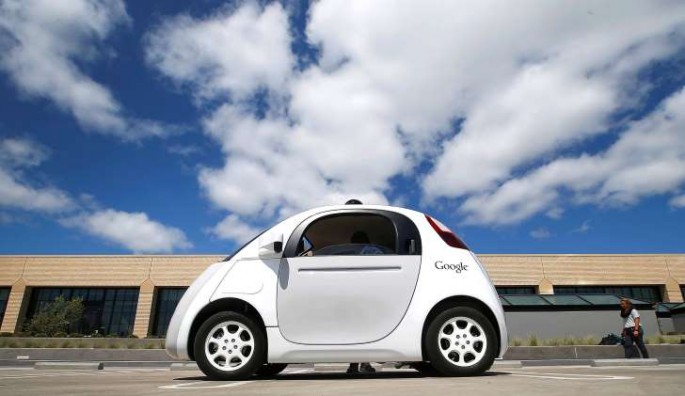Google's Self-Driving Car report for May 2016 shares the company has been teaching its bubble cars how to honk its horn. The goal is to notice distracted rivers then use a tool to get their eyes on their road and minds focused on operating their vehicle. It wants the autonomous vehicles (AV) to be polite and only use the horn to make driving safer.
For example, the robotic car would not keep honking the horn repeatedly like a cantankerous human when stuck in a traffic jam. The bubble cars now have internal horns that alert when a car swerves into their driving lane or spot another automobile backing out of a driveway, according to Ars Technica.
However, an external horn on new software could honk at the wrong time, which could confuse or distract other drivers in the area. Google engineers complete up to 15,000 test miles per week. They noticed when the self-driving cars honked at the right or wrong times.
Google writes in the report that as the company's honking algorithms have improved it started to roll out the horn. It even uses different types of honks.
For example, the robotic car makes two short and quiet honks to inform another vehicle it is behind it. However, it uses one loud and long honk for urgent situations.
The company is also adding noise to its electric prototypes to provide a unique hum, which will boost the pitch for accelerating, and drop it for decelerating. It will help to alert pedestrians and cyclists.
Google reported that it is also experimented with other engine sounds including orca noises made by killer whales.
The Alphabet company only had one car accident to report from last month. One of its bubble cars hit a median on May 4, which resulted in minor damage and the AV was not at-fault.
In related news, Microsoft's head of business development Peggy Johnson shared at the recent Converge conference that the company wants to make car software instead of building AVs, according to The Verge. That would include assisted driving.
Here's a Google self-driving car in Austin:




























